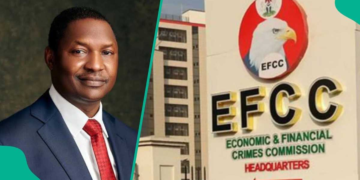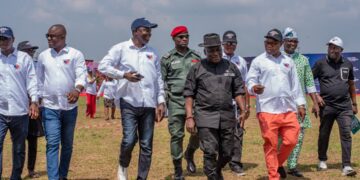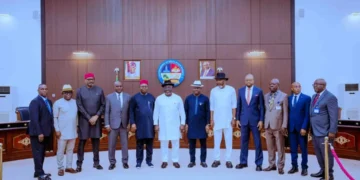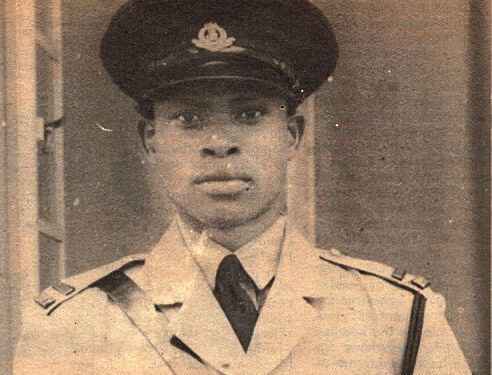Isaac Adaka Boro, an iconic figure in Nigeria’s history, was a visionary leader, fearless freedom fighter, and a symbol of resistance against oppression. Born on September 10, 1938, in Oloibiri, present-day Bayelsa State, Boro’s life was marked by an unwavering determination to fight for justice, equality, and the emancipation of his people in the Niger Delta region.
From an early age, Boro displayed remarkable intelligence and a strong sense of justice. He recognized the social and economic disparities that plagued his community and sought to bring about change. In 1963, while studying at the University of Nigeria, Nsukka, Boro founded the Niger Delta Volunteer Force (NDVF), a militant group aimed at addressing the grievances of the Niger Delta people.
Boro’s movement quickly gained popularity as he became a charismatic leader, rallying the people of the Niger Delta against the exploitation of their land and resources by multinational oil corporations and the Nigerian government. He passionately advocated for resource control, demanding that the region’s oil wealth be used to develop the area and improve the living conditions of its inhabitants.
On February 23, 1966, Boro led a group of armed militants to declare the Niger Delta Republic, an independent state separate from Nigeria. The declaration was met with fierce resistance from the Nigerian government, leading to a military confrontation. Boro and his men held their ground for 12 days before surrendering to avoid further bloodshed.
Boro’s audacious act of defiance had a profound impact on the Nigerian government and drew international attention to the plight of the Niger Delta people. His bravery and determination inspired generations of activists and set in motion a series of events that would eventually lead to a more equitable distribution of resources in the region.

After his capture, Boro was charged with treason, imprisoned, and sentenced to death. However, due to international pressure and growing public support, his sentence was commuted to life imprisonment. He spent almost nine years in various prisons, including the notorious Broad Street Prison in Lagos, before being released following the end of the Nigerian Civil War in 1970.
Despite the hardships he endured, Boro remained resolute in his fight for justice. Following his release, he became a prominent voice for the Niger Delta region, advocating for the rights of the people and the development of their communities. He channeled his energy into political activism, co-founding the National Liberation Council of Nigeria (NALICON) and the Movement for the Survival of the Ogoni People (MOSOP), both instrumental in addressing the issues faced by marginalized communities in the Niger Delta.

Tragically, Boro’s life was cut short on May 9, 1968, when he was killed in an ambush during the Nigerian Civil War. His death was a tremendous loss to the struggle for justice and equality, but his legacy lived on. Boro’s sacrifice and unwavering commitment to the Niger Delta cause elevated him to the status of a hero and a symbol of resistance against oppression.
Today, Isaac Adaka Boro’s name resonates with Nigerians and people around the world who fight for the rights of marginalized communities. His unwavering determination, visionary leadership, and selflessness continue to inspire individuals to stand up against injustice and work towards a more equitable society.
The life and times of Isaac Adaka Boro serve as a reminder that one person’s courage and conviction can spark a movement and leave an indelible mark on history. Boro’s legacy will forever be cherished as a beacon of hope for those who strive for justice, equality, and the freedom of oppressed communities.

























